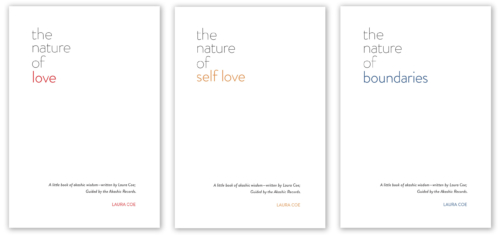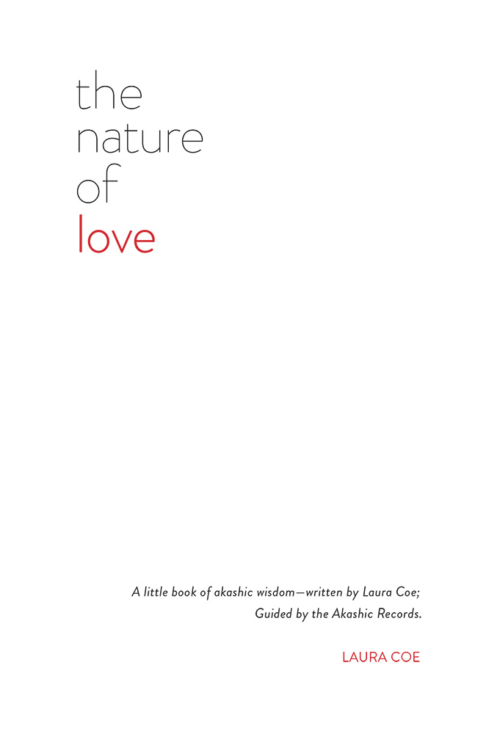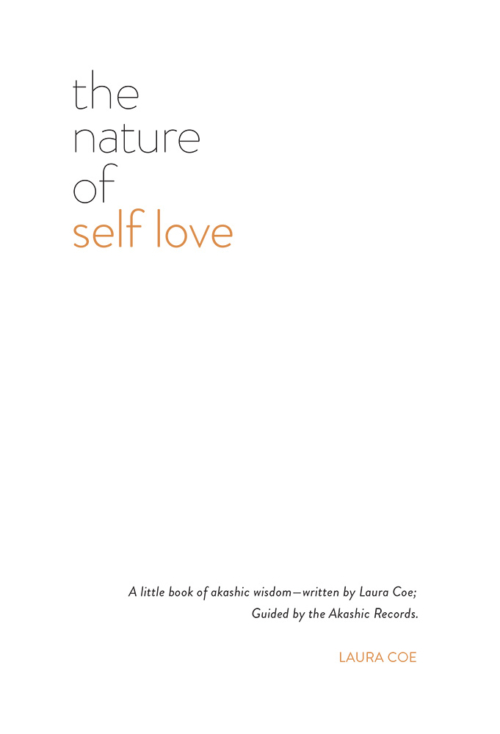An excerpt from my upcoming book, Emotional Obesity, Fall 2014
We are aware that eating unhealthy foods, smoking, doing drugs or any other nasty thing we put into our bodies is bad for us; a nasty habit. Similarly, we have emotional habits that are causing discomfort in our life. These negative thoughts and feelings are the chocolate cake and potato chips of our emotional lives—it takes discipline to resist their temptation until we break the habit.To break a habit—any habit—we need to understand the consequences of continuing with it. The industries built around our physical health have very effectively educated us about the consequences our habits can have on our bodies and that enables us to make a decision.If we smoke, we are told about the consequences and are made aware that the choice is ours. It may not convince us to quit, but we are aware of the risks.We choose what we emotionally consumeManaging our feelings doesn’t always feel like a choice—“That’s just how I feel” is a common sentiment that makes us feel like we can only wait until we feel better or stuff our feelings until we don’t feel them.Emotional stuffing, filling your mind with negative thoughts, adds to your emotional weight just like stuffing your body with cake will add inches to your waistline. Negative thoughts can be especially impactful when we allow them to guide our actions or, worse, when we aren’t even aware that they’re driving our behavior.Let’s return to the smoking analogy (you can, of course, substitute your negative tendency of choice). And, for kicks, let’s say you’re going home to spend the holidays with your family. You go home with the best of expectations—to eat some turkey and see loved family members—but even the hardiest of people has experienced that moment of total infantile regression that happens en route to family functions. When you walk in the house, your mother gives you a look of disapproval over your outfit before you have even taken your coat completely off. You light a cigarette.Within less than a millisecond, you find yourself filled with a wave of self-hatred about your outfit and aggression towards your mother. Without awareness of the pattern you’re returning to, you sit in misery through the entire dinner. Another cigarette is lit. Maybe you begin to withdraw, go to the bathroom and cry, or find an opportunity to rip a good one back at mother. And, you smoked another.The evening ends and you go home to rehearse the outrage you have over your mom’s comments. You vent to your spouse, you are up half the night replaying the evening’s events in your head. The next morning you are short with the kids. Worse, you have taken the comment to heart and you are off to the store to buy new clothes because you feel awful about your wardrobe. You reach for a cigarette and—yep, the pack is empty. You smell like an ashtray and your chest hurts.Maybe you do not call mom for a while for payback? You withdraw affections to punish her. This could continue for weeks, months.You smoked a pack of cigarettes, but do you recognize that behavior as a pattern? You are in pain but are you aware of the cause? The negative emotional loop from childhood you thought you had dealt with is right there, reignited in an instant without any consciousness. Do you have enough awareness to know what this pattern is, or do you chalk it up to “Typical MOM”?In this scenario, you caused physical harm to yourself and exposed yourself to negative emotional patterns that only add to your emotional weight.This behavior is not you; it is habit. You can choose to stop being angry, just as you can choose to stop smoking.The desire to follow the impulse towards the negative thinking is really powerful—it is addicting as sugar, salt, or nicotine—but this is the beginning of real change.Sit, breath, do nothing except observe the impulse toward this pattern and see that you have a choice. You do not have to follow in the same path. The pull to do the same action is powerful and any action will only feed it and make it stronger. Accept that this will not serve you in the end, create a desire for change—the same is true for changing eating habits. In the beginning, it is very difficult to avoid foods that we should not eat, but over time, it gets easier and easier.Setting some guidelines for which foods we need to avoid is the beginning; understanding which emotions lead us astray is the beginning of emotional fitness.What is your emotional junk food? Can you replace it with some emotional nutrition?




